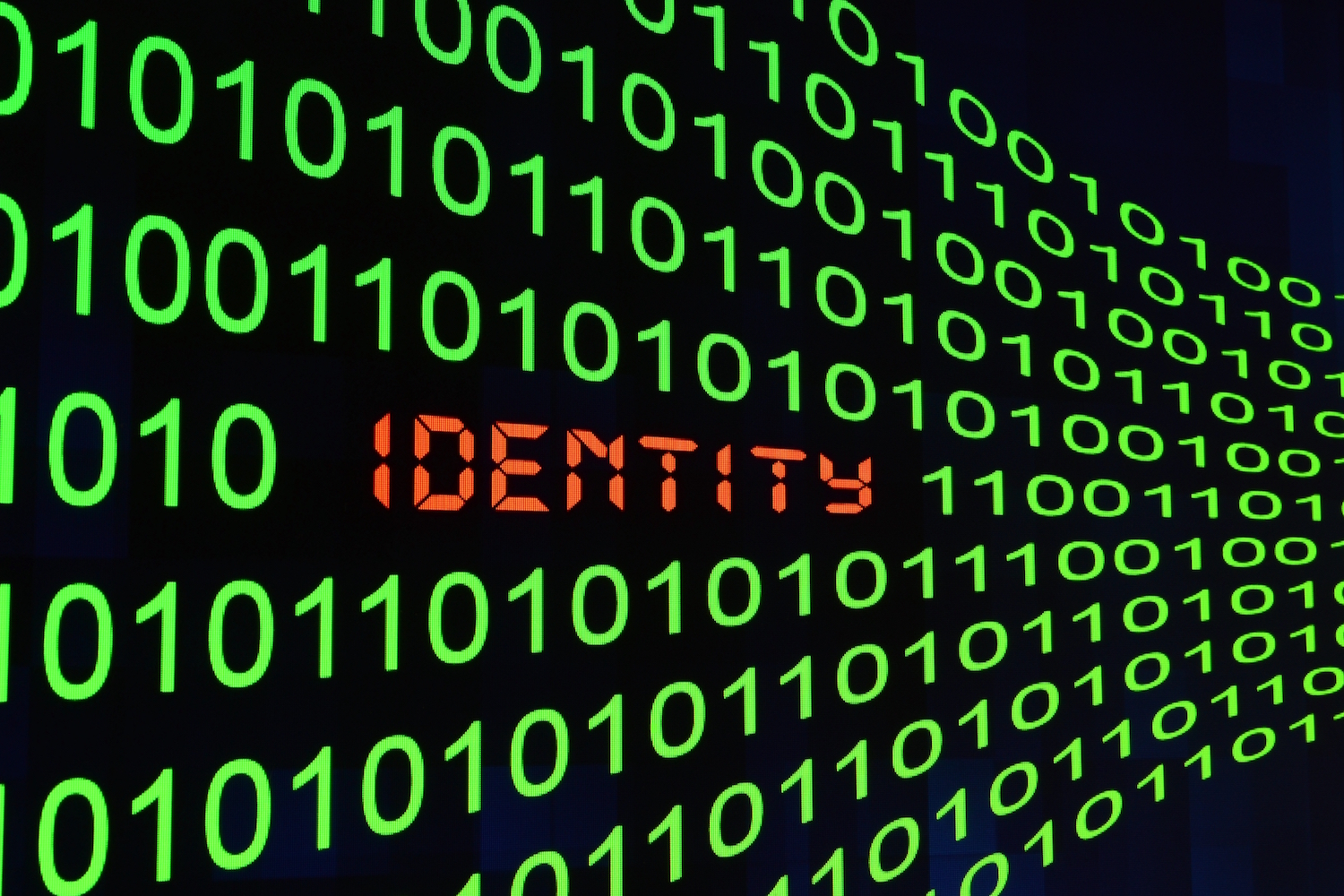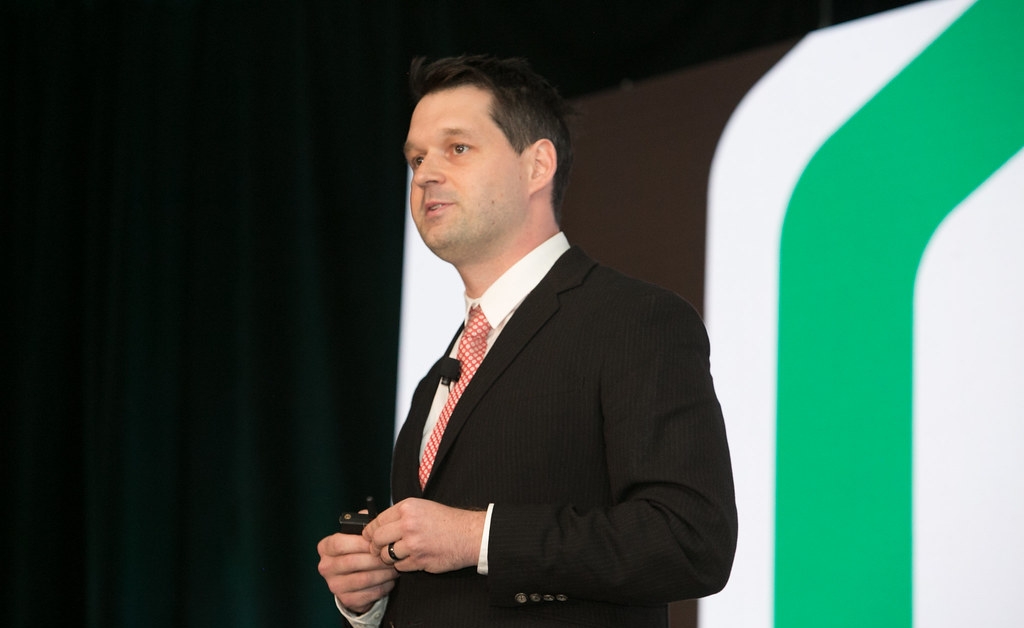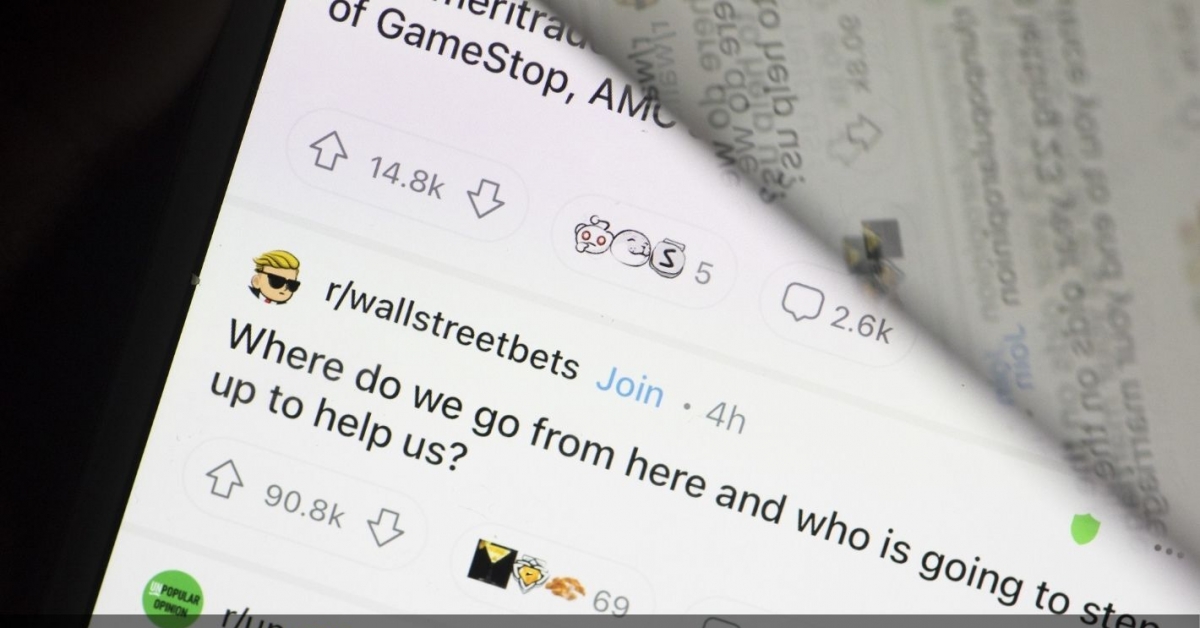US Energy Department Funds Trial of Factom Blockchain to Secure Power Grid

Factom, one of the earliest companies to pitch blockchains to enterprises, is participating in a U.S. government-funded trial of the technology to protect the national power grid.
Announced Thursday, TFA Labs, an internet-of-things (IoT) security startup, is experimenting with Factom’s protocol to validate that devices on the grid aren’t infected with malware.
Backed by a nearly $200,000 grant from the U.S. Department of Energy (DOE), the project aims to improve the security of millions of such devices.
In some cases, TFA Labs is looking at storing raw data, such as the health and status of devices, on the Factom blockchain. In other cases, the company wants to assign a digital identity to the firmware, or permanent software installed on devices. If the files are manipulated, they’ll produce a cryptographic hash that does not match the digital identity, indicating something is amiss.
“We can store raw data or data hashes of the data,” Dennis Bunfield, CEO of TFA Labs, told CoinDesk. “It’s ideal for IoT device use.”
The first phase will last until March when TFA aims to have a prototype for the use case. If the experiment gets to phase two, TFA Labs will collaborate with device manufacturers and could get close to $1 million in funding from the DOE.
Factotum
Factom is separately working with the Department of Homeland Security (DHS) to record camera and sensor data on the blockchain and with the Bill and Melinda Gates Foundation to see if the tech can digitize records of individuals who live in remote parts of the world.
Enterprise users can develop on the startup’s protocol using familiar coding languages, said Greg Forst, marketing chair for Factom Protocol.
“We’re data-centric and enterprise-grade whether that’s a government or startup or anybody in between,” Forst said.
Founded in 2014, the Austin, Texas-based company conducted one of the earliest token offerings, raising $1.1 million in 2015 by selling “factoids.”
However, “you don’t need the factoid token to use the protocol,” Bunfield said. “So you never need to touch crypto to use the protocol, making this ideal for use by governments and corporate enterprises.”
Subsequent seed and Series A rounds brought in over $8 million to Factom. An early project recording land titles in Honduras stalled. Factom later introduced a product for the mortgage industry. In July of this year, a nonprofit called the Triall Foundation announced that it was running a clinical trial over Factom.
Power grid image via Shutterstock










